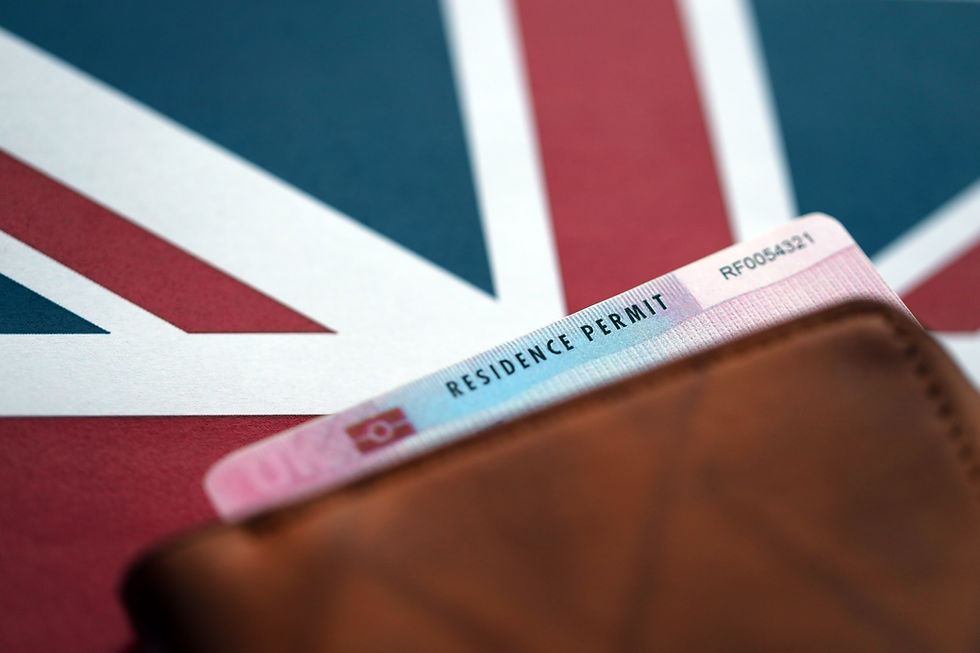UK Introduces Tougher Sanctions Regime Against Foreign Corruption
- actlondon
- Apr 30, 2021
- 3 min read
The UK has implemented a new sanctions regime against misappropriation of state funds from any foreign country.
The Global Anti-Corruption Sanctions Regulations 2021 will enable the government to impose asset freezes and travel bans on individuals and organisations believed to be involved in serious corruption. The same powers will be available against those who 'facilitate' or profit from corrupt acts, conceal or transfer the proceeds, or who obstruct justice relating to serious corruption. The new powers can be used against ordinary individuals as well as state officials, said UK foreign secretary Dominic Raab.
Raab noted that the National Crime Agency's International Corruption Unit and its predecessors have restrained, confiscated or returned over GBP1 billion of assets stolen from developing countries since 2006. The regulations, which replace the Misappropriation (Sanctions) (EU Exit) Regulations 2020, enable the government to designate certain persons and organisations as targets of sanctions such as asset freezes and travel bans, if they are suspected of bribery or misappropriation of public property, including embezzlement. Financial sanctions will operate through a targeted asset freeze on funds and property of designated persons, and prohibitions on making funds or economic resources available to or for their benefit, either directly or indirectly. Designated individuals will be refused leave to enter or remain in the UK. Any applications they make for a visa to travel to the UK, including for transit purposes, will be refused. Any foreign national who is subject to a travel ban under the regulations, and who is currently in the UK, will have their permission to stay in the UK cancelled and they will be removed from the country.
The regulations also prohibit intentional participation in any activities if the participant knows that their object or effect is directly (or indirectly) to circumvent the regulations, or to enable or facilitate the contravention of those prohibitions.
The announcement was accompanied by designations of 22 people from six countries. They include 14 individuals involved in an organised USD230 million tax fraud in Russia uncovered by Sergei Magnitsky; the Gupta brothers and their associate Salim Essa, for their roles in serious corruption in South Africa; three individuals in Honduras, Nicaragua and Guatemala; and the Sudanese businessman Ashraf Seed Ahmed Hussein Ali, known also as Al Cardinal, for the misappropriation of significant amounts of state assets. 'Those sanctioned today are not welcome in the UK', said Raab. 'They will not be able to use British bank accounts or businesses to give their illicit actions some veneer of respectability, because their assets in the UK will be frozen.' He said the new British regime 'sends the clearest message to all those involved in serious corruption around the world: You can't come here. You can't hide your money here'.
More designations will follow in due course, he added. However, people so designated can request that a minister reviews the decision, and they will also be able to apply to challenge the decision in court, said Raab.
The new regime is expected to be rapidly implemented in the crown dependencies. In the meantime, according to the Guernsey Financial Services Commission (GFSC), facilitating transactions involving individuals or entities designated by the UK, or assets directly or indirectly owned or controlled by them will almost certainly constitute laundering the proceeds of crime.
Sources
Step.org
GOV.UK
GFSC
GOV.UK (Raab statement to UK parliament)/a>
UK parliament (regulations)
GOV.UK (guidance)
GOV.UK (designated individuals)
GOV.UK (note for NGOs)
Riskscreen
Facebook



Comments